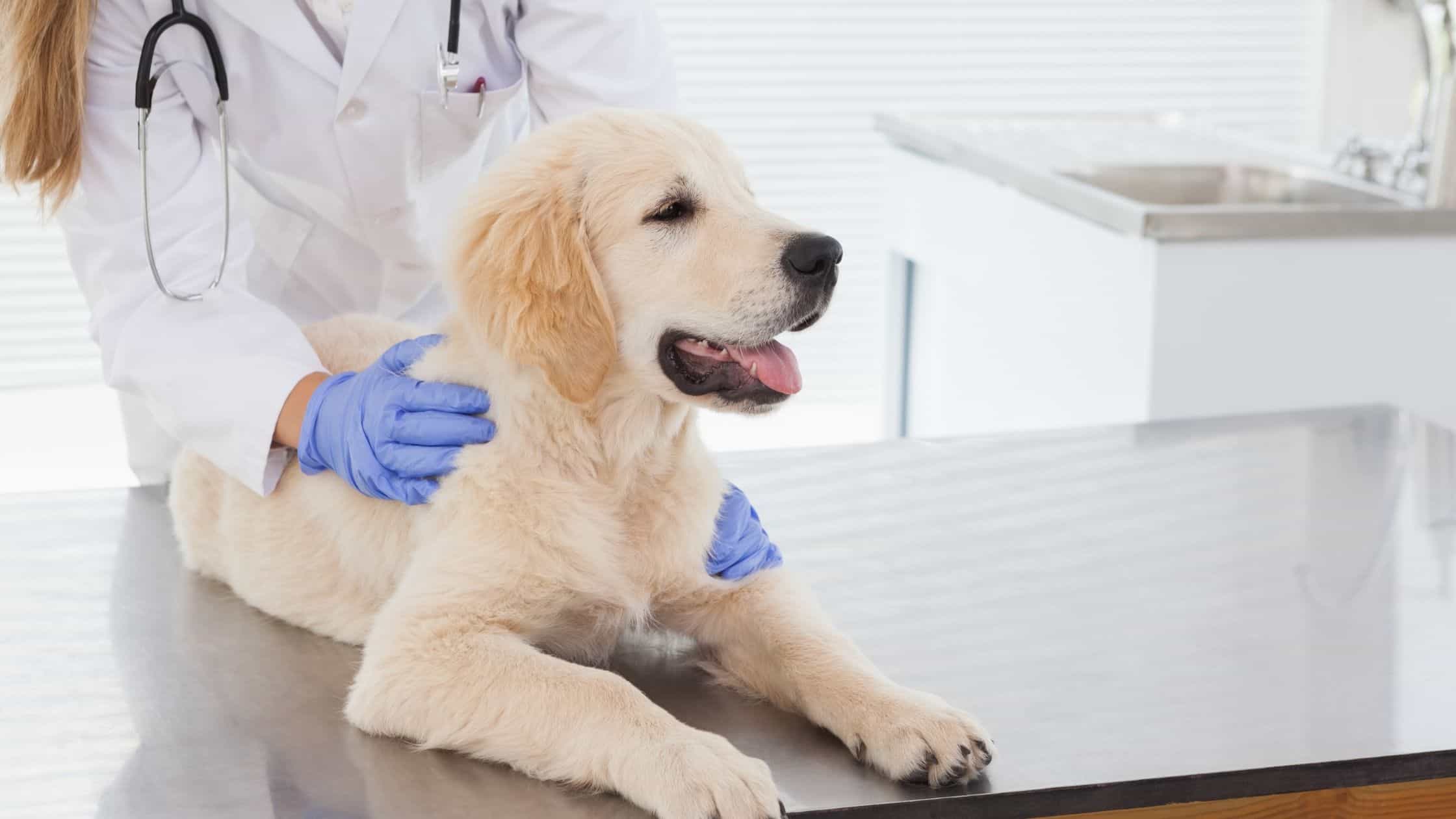5 Tips for Choosing the Right Pet Insurance for Your Dog
Thanks to advancements in veterinary treatment and quality dietary items, the lifespan of animals are longer. Also, the expense of owning an animal has risen: food, toys, accessories, and veterinary care add up.
An animal insurance coverage could help you plan for the health of your pet—and offset routine care, unexpected accidents, and diseases expenditures.

Here are 5 ideas to help you choose your family’s best pet insurance policy.
Compare Insurance Providers for Animals:
Compare pet insurance providers before you choose to enroll your pet in a pet insurance policy. A comparison of plans, premiums, allowances, copay, sample reimbursement, and the plan specifics, including exclusions and other features, is presented side-by-side.
Check Out the Track Record of the Insurer:
Look at the track record of the pet insurance provider for reliability. You can rely on a firm that has shown stability, experience, and recommendations to choose a pet health insurance provider.
Research What’s Covered:
Some pet insurance plans may exclude existing, inherited, congenital or breeding-related illnesses and may have restrictions on coverage when submitting a claim.
Before you register, ensure that you understand and understand what coverage factors like the breed of your pet and any pre-existing conditions may influence. Find out how often your premium increases and why. Ask whether your claims will affect your premium. If you are confused about the policy terminology, call your pet insurance provider and ask Customer Care to explain it easily.
Choose Coverage for You that Works:
Do you want coverage of familiar wellness (vaccinations, fleas, and hot tubes prevention, wellness examinations and tests) and of unknown health care (chronic conditions, operations, and hospitalization, prescriptions, tests, laboratory tests, diseases, injuries) or full coverage, including hereditary and wellness conditions?
Enroll Healthy and Young Pets:
Any animals who are young and healthy should be enrolled to avoid limited coverage because of pre-existing conditions and to minimize the cost of your policy. As with health insurance, the premiums for animal insurance might increase with the age of the policyholder.

Nancy, our tech-savvy pet parent, explores the latest in pet tech, from smart toys to interactive feeders.



